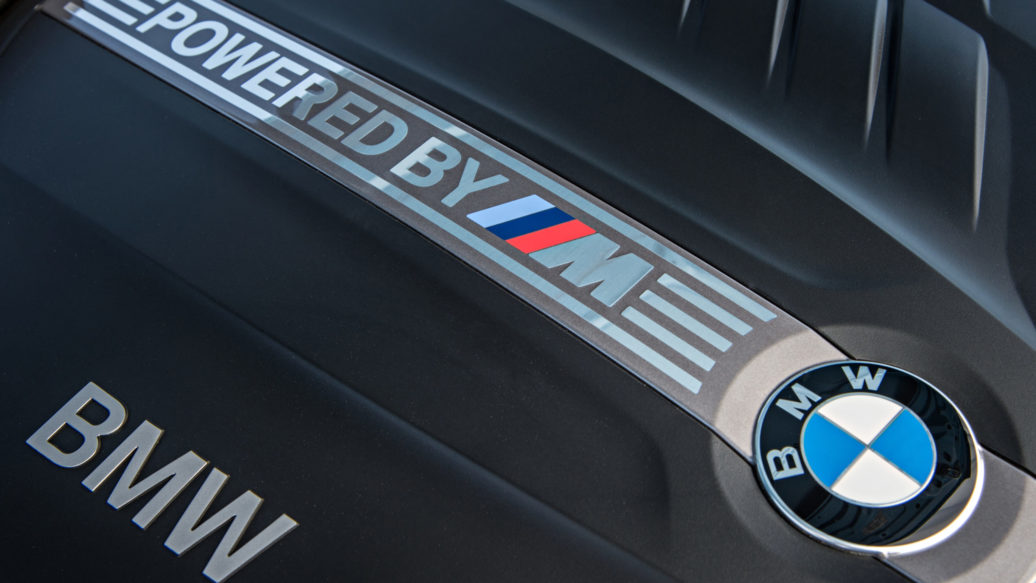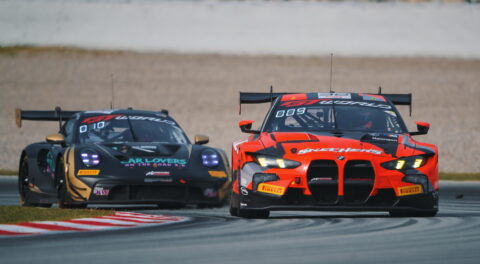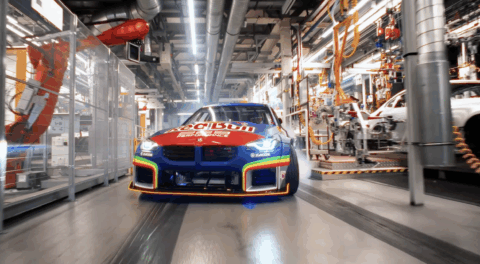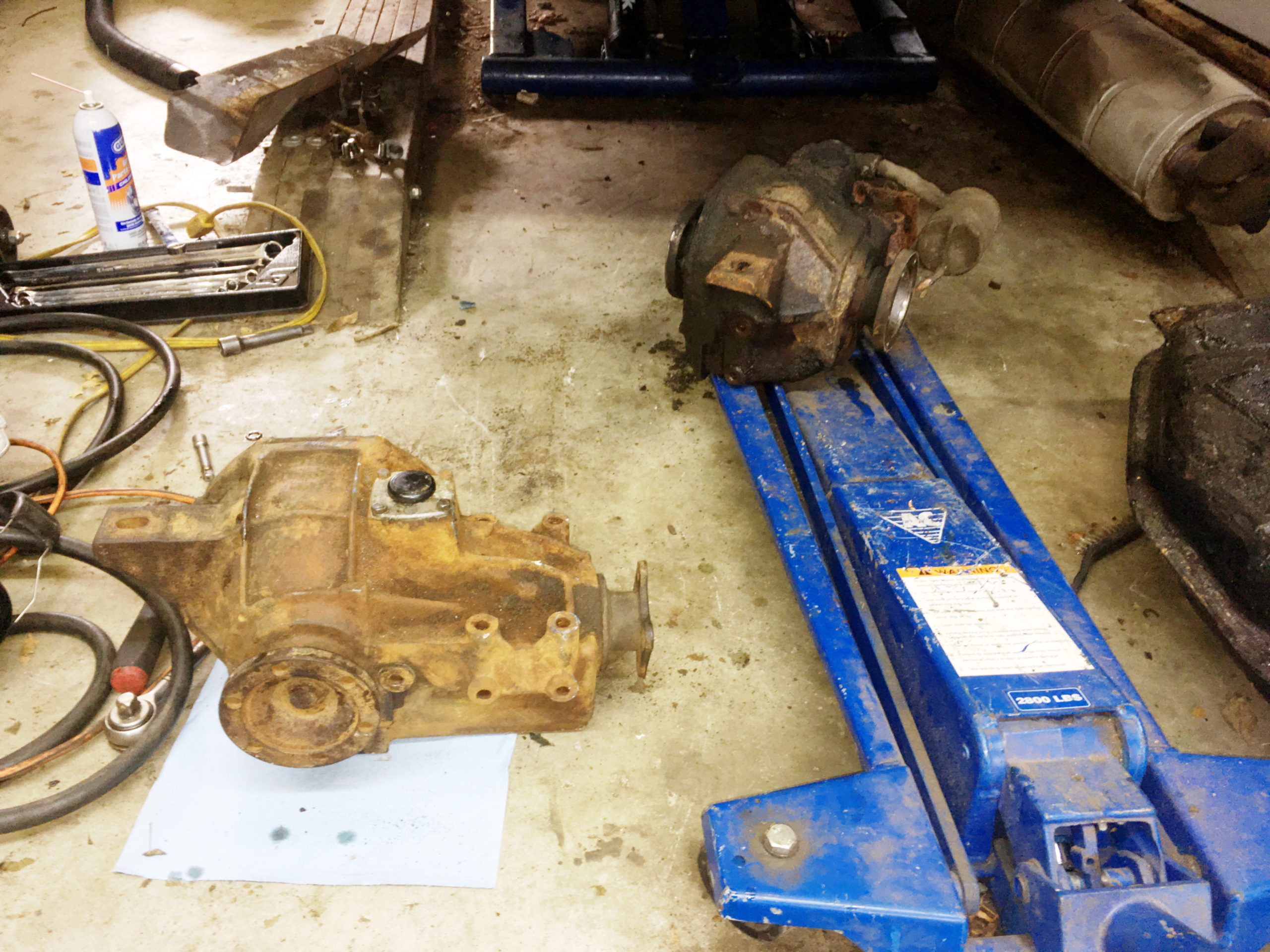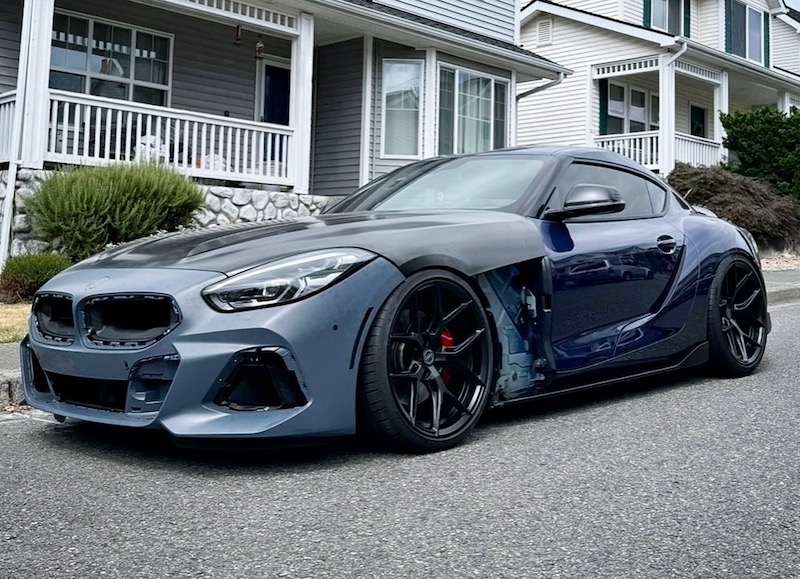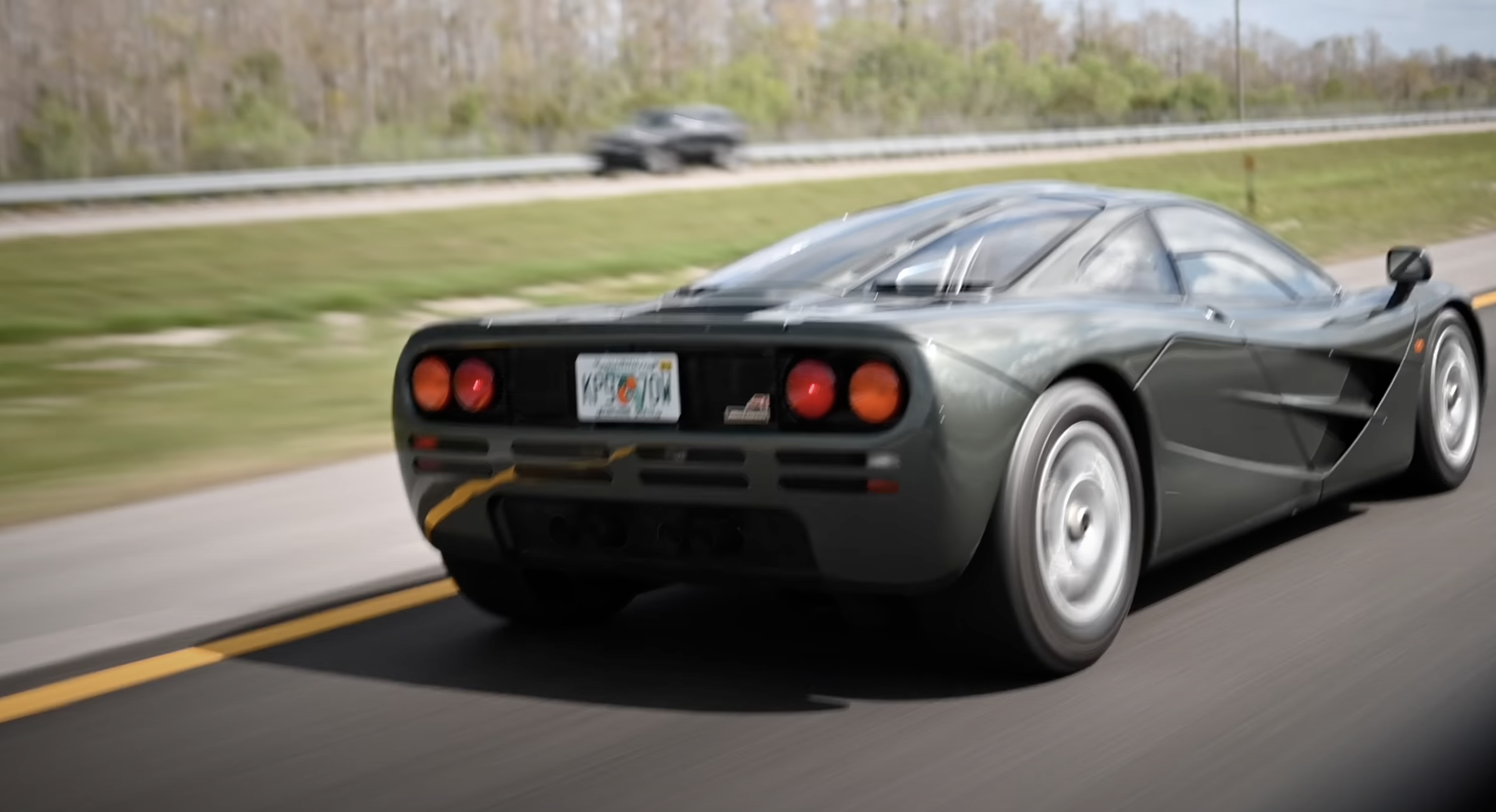BMW held its annual conference this week, and the focus was obviously on the brand’s new electric vehicles, the i4 and iX. We’ve been hearing a lot about both models over the last five years, and how they are core components of BMW’s next-generation strategy and transition to embracing what’s been referred to as electromobility. At the same time though, more than a handful of brand devotees and general automotive enthusiasts alike have been wondering about the future of internal combustion at an automaker with the word motor as its middle name.
Their suspicions are not unwarranted. The future of BMW’s V12 engine remains in doubt, as the unit is likely to be reserved for the Rolls-Royce brand before too long, and although brand is rumored to be developing a new V8 engine displacing four liters, it’s been speculated as being the last in the pipeline and is speculated to be reserved exclusively for M cars. Other German automakers are also kicking internal combustion and soul-stirring big-displacement or high-strung engines to the curb. Mercedes-Benz transferred development of its twin-turbo V12 to AMG back in in 2012, and after the 2019 model year, the engine was removed from the U.S. model lineup, including in Maybach models, where it made its last stand. This week, the CEO of Audi said the brand will not develop any new internal combustion engines, and will only update current models—like the 591-horsepower 4.0-liter V8 in the RS6 Avant—to remain compliant with ever stringent emissions regulations as the company shifts to electric.
When BMW Group CEO Oliver Zipse delivered his address at this year’s annual conference though, he signaled a different future for the company. Instead of abandoning internal combustion, BMW will continue to develop the engines they’ve become so exceptional at engineering over the last century. In fact, according to CNBC auto and airline analyst Phil LeBeau, BMW has no plans to stop developing internal combustion engines per Zipse, as demand for vehicles powered by them is expected to remain robust into the future.
BMW CEO Oliver Zipse says #BMW has no plans to stop developing internal combustion engines because demand for ICE vehicles will remain robust for many years to come.
— Phil LeBeau (@Lebeaucarnews) March 17, 2021
The news is both surprising and rather expected. Last year, BMW’s former research and development chief Klaus Fröhlich said the company was committed to internal combustion engine until at least 2050. In September of 2020 though, California Governor Gavin Newsom said the state would begin phasing out internal combustion in favor of electricity, and that all new cars and passenger trucks sold there must be zero-emissions by 2035. A few months later in November, the UK announced plans to ban internal combustion vehicles starting in 2030.
BMW has long been public about its plans to stay involved with whatever forms of motivation and propulsion remain viable in the global market. This strategy includes building models like the i4 and iX on a modular platform shared with vehicles like the 3 Series, 4 Series, and X5, among others. With a brand that is also so committed to sustainability, and massive investments directed at nearly every aspect of the concept, it will be interesting to see how both priorities are balanced in the grand scheme of profitability and surviving in a shifting landscape.—Alex Tock
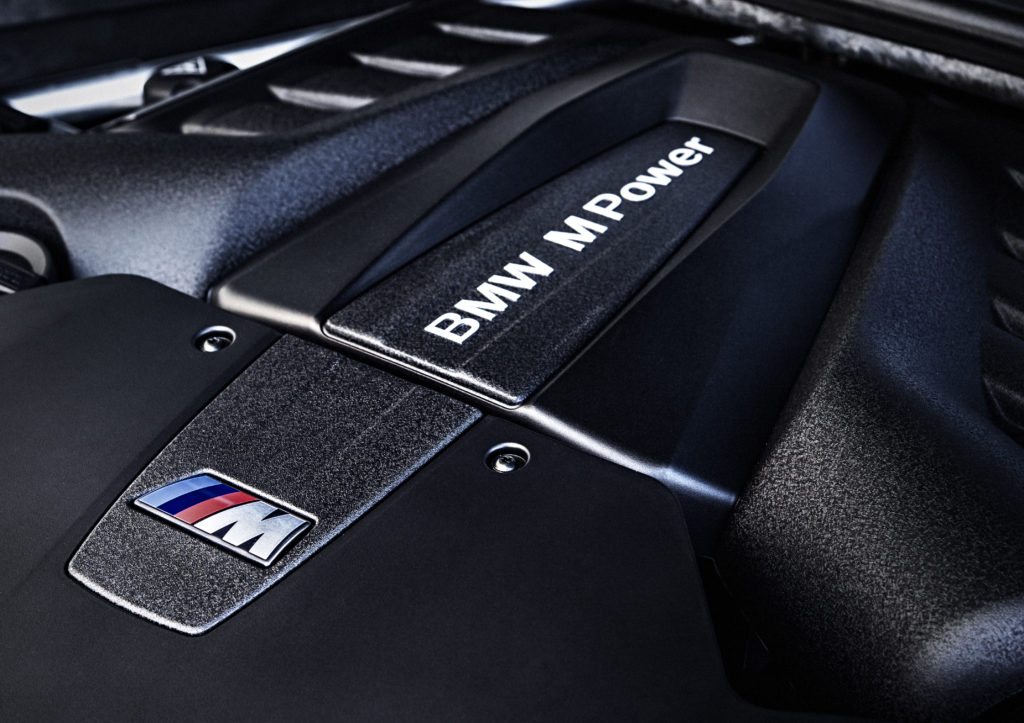
[Photos courtesy BMW AG.]

